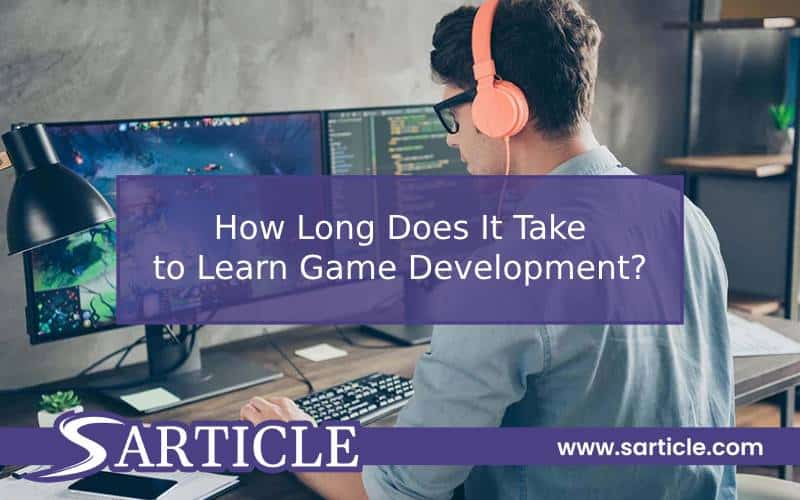Embarking on the exhilarating journey of game development is a pursuit that demands dedication, persistence, and an unwavering commitment to acquiring specialized skills and knowledge. For those aspiring to delve into the realm of game development, a common question that arises pertains to the timeline required to master the intricacies of this dynamic field. Contrary to a definitive answer, the duration to learn game development is contingent upon several factors, including prior experience, learning pace, chosen specialization, and the depth of understanding one aims to attain. In this comprehensive guide, we aim to illuminate the various facets that contribute to the timeline of mastering game development and provide insights into the factors that influence the duration of this transformative learning journey.
Grasping the Fundamentals
The initial phase of delving into game development entails comprehending the foundational concepts that constitute the backbone of this multifaceted domain. For beginners with little to no prior experience in programming or design, acquainting oneself with programming languages such as C++, C#, and Java, and understanding essential software development tools like Unity and Unreal Engine, serves as the cornerstone for building a solid understanding of the fundamentals. This phase, although foundational, can vary in duration depending on the individual’s learning curve and their commitment to grasping the core concepts.
Navigating Through Learning Resources
Aspiring game developers often rely on a multitude of learning resources to enhance their expertise and understanding of the intricacies of game development. Online courses, tutorials, and specialized workshops offered by platforms like Udemy, Coursera, and edX facilitate a structured approach towards acquiring specialized knowledge. Depending on the depth of the course material, the complexity of the chosen specialization, and the time dedicated to consistent learning, this phase can span anywhere from a few months to a year or more.
Practicing Through Hands-On Experience
While theoretical knowledge serves as a solid foundation, practical application and hands-on experience play a pivotal role in fostering skill mastery in game development. Engaging in personal projects, collaborating with peers, and participating in game jams or hackathons enable aspiring developers to apply their theoretical knowledge to real-world scenarios, thereby honing their skills and gaining practical insights. This phase, characterized by trial and error, problem-solving, and iterative learning, can extend over several months, depending on the complexity and scope of the projects undertaken.
Specializing in Specific Domains
Game development encompasses a diverse array of domains, ranging from programming and design to storytelling and audio engineering. Individuals often choose to specialize in specific areas to carve a niche for themselves in the industry. Specialization in areas such as game design, game programming, graphics development, or sound engineering demands an additional investment of time and effort to gain comprehensive expertise in the chosen field. The duration of specialization varies depending on the complexity of the domain and the depth of knowledge one aims to acquire.
Adapting to Technological Advancements
The landscape of game development is characterized by continuous technological advancements and evolving trends. Game developers are required to stay updated with the latest tools, technologies, and industry practices to remain competitive and relevant. Engaging in continuous learning, attending workshops, and participating in online forums and communities dedicated to game development serves as a catalyst for staying abreast of emerging trends and fostering professional growth. This phase, marked by a perpetual learning curve, is a lifelong journey that is integral to sustaining relevance in the ever-evolving realm of game development.
In conclusion, the timeline to learn game development is a dynamic and multifaceted journey that is shaped by individual commitment, prior experience, chosen specialization, and adaptability to continuous learning. While the duration varies for each individual, dedicating ample time to grasp the fundamentals, leveraging diverse learning resources, gaining hands-on experience, specializing in specific domains, and embracing a mindset of perpetual learning and growth are paramount for mastering the intricacies of game development.


